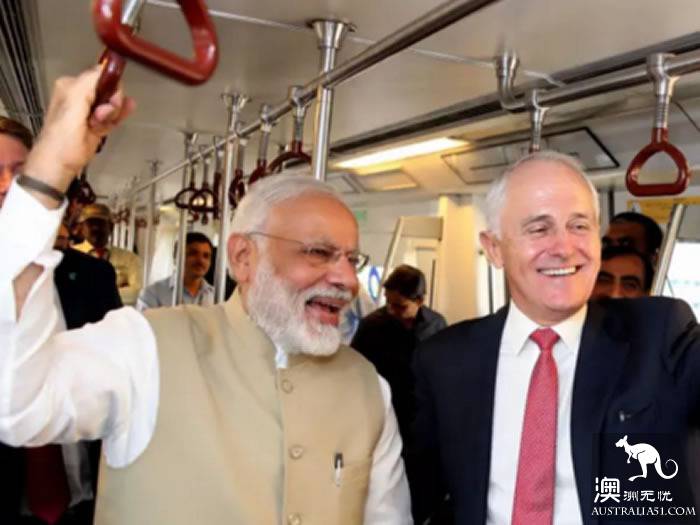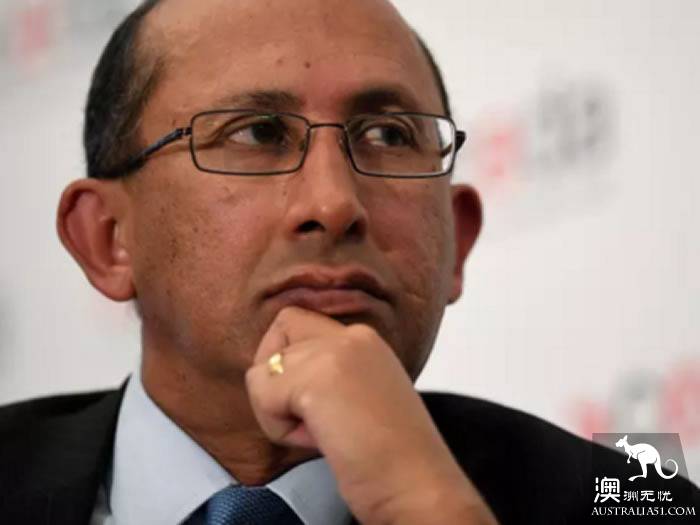Ten years ago, I moved to New Delhi as an Indian correspondent for the Sydney Morning Frontier and the Times.
India is booming, and my mission is to report on the economic and political rise of this country, known as the next superpower in Asia.
As diplomatic missions, multinationals and media organizations expand their operations in this mainland, I am one of a wave of foreigners pouring into this historic city.
I have a feeling that the age of India has arrived.
One real sign is that world leaders are heading to Delhi. In just a few months in 2010, the heads of state of every permanent member of the UN Security Council-the United States, China, Britain, France and Russia-visited. Obama summarized the phenomenon. India is "not only an emerging power, but now a world power," he said.
Australia is also strengthening its diplomacy with India-a senior minister who visited India told me that India is now in the "first echelon" of our international partnership. People have high hopes for strengthening relations between the two countries.
But Australia-India relations have made a lot of mistakes. So, is the reality really the way we hype it?
In some areas, the answer is yes.
Remarkable progress has been made in the political relations between the two countries' government, and the two sides have further recognized the common strategic interests, especially in the Indian Ocean region.
Private ties are also closer-Australia's Indian diaspora has tripled over the past decade and continues to grow.
But in the business world, progress has been less pronounced.
Too many Australian companies are indifferent to India or simply ignore it.
An expert report on India's market potential, released last month by Australia's government, said that although India was already Australia's top tier of diplomatic relations, economic relations "remained in the second tier."

India's fast-growing economy, however, needs exactly what Australia is good at producing.
Closer business ties with India can also reduce economic risk. At present, about 40% of Australia's exports are sold to China and Japan, two rapidly ageing markets.
Deepening economic ties with India, which has a large young population, will reduce Australia's economic exposure and strengthen its resilience.
Peter Vagis (Peter Varghese), the author of the report and former secretary of the Ministry of Foreign Affairs and Trade, said a key issue was the conservative attitude of Australian companies to India.
While I was in Delhi, Vagis was Australia's High Commissioner for India.
He told me: "the Australian business community needs to have a more timely understanding of India's development."
Mr Vagis argues that many Australians still think India is a closed economy, but this is not the case, a legacy of the suffocating "licensing system" (Licence Raj) that once dominated India.
The report said: "India's economy is transforming. Its process will be unbalanced, but the direction will be clear and irreversible. "
Vagis also pointed out sharply that India "is not the next China."
The two Asian giants are linked only because of their large population and rapid economic growth.

Although China and India are of the same size, a comparison with China will only hinder the perception of India.
With India adopting a democratic political system, no Indian government can guide the economy as China does. Nor will it be able to control the inherent allocation of resources that has contributed to the success of China's economy.
"you can't copy the pattern of other places for India," Mr. Vagis said.
He suggested Australia should set a target to make India one of the top three export markets by 2035 and the third-largest destination for Australia's outbound investment in Asia.
The good news is that Australia has a valuable asset to help-the growing Indian diaspora.
The report estimates that about one out of every 50 people in Australia is Indian.
"they can handle subtle relationships that government cannot handle," the report said. They can shape people's perceptions in a way that government cannot do. They build personal connections in business, art, education, and citizen society, helping to strengthen relationships. "
Vagis predicts that over the next 20 years, Indian Australians could become the most active immigrant group in Australia's history "after the Irish." This, in turn, will influence our political leaders and consider how to prioritize the establishment and management of broad links with India.
"I think we will see more and more political participation in the Indian community in Australia," Vagis said.
"because they come from liberal and democratic political traditions, they may be more attuned to Australia's political environment than other immigrant communities."
This is part of the mutual shaping of Australia and the Asian Century.